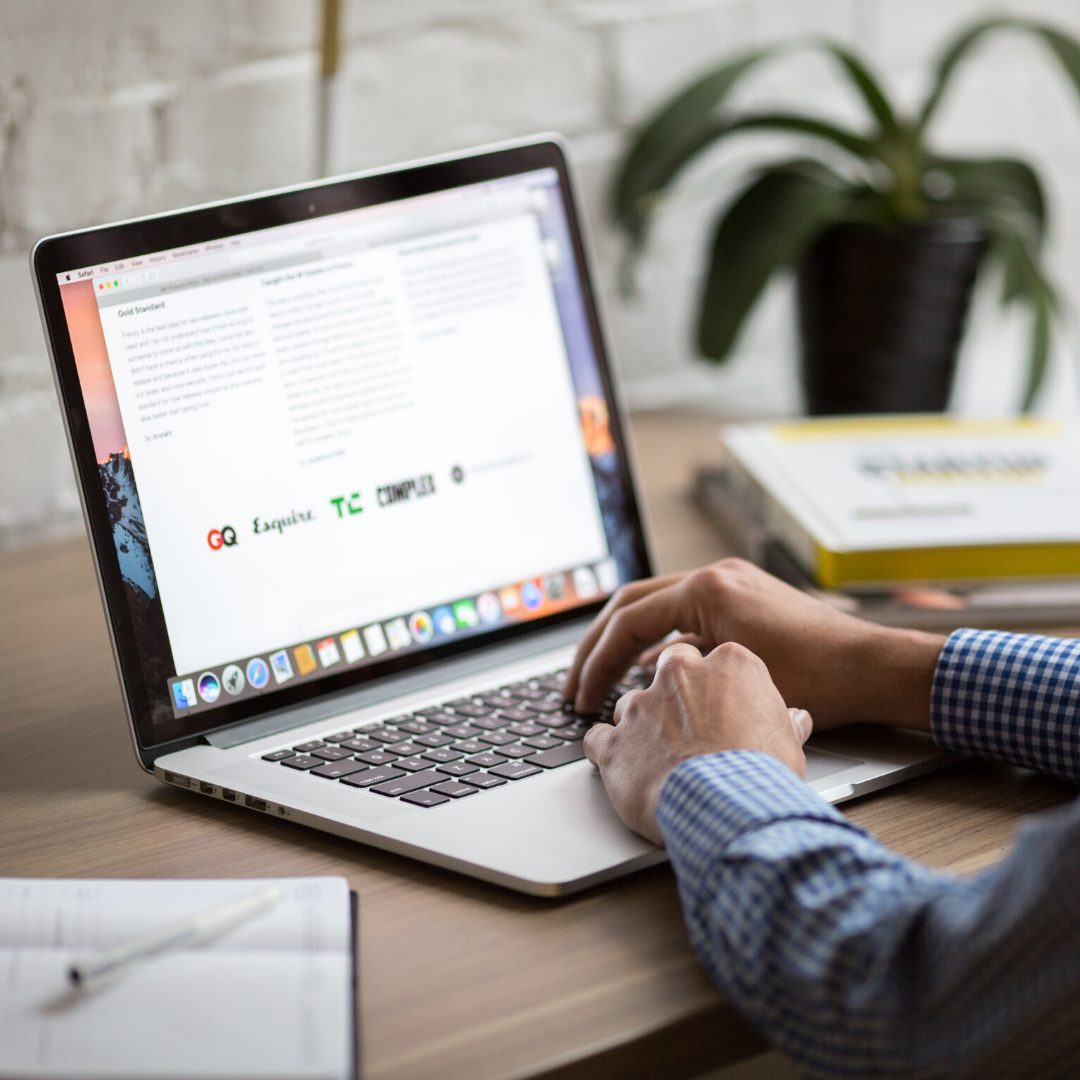How staying safe while shopping online could save you money
Due to the Coronavirus pandemic, many of us will be spending the foreseeable future inside. So, learning how to stay safe online is very important. Whether you are working from home or just online shopping, staying safe while shopping online is vital. Here are all the online shopping safety tips you need to know to keep your money, and your data, secure.
Check your passwords
Using and creating strong stable passwords is great when it comes to staying safe while shopping online. This may be obvious but many Brits continue to use weak passwords that can be easily hacked and figured out. This may go without saying but don’t use the same password across all your accounts, as easy as this may be, if one gets hacked, they can all get hacked!
Watch out for email scams
Email scams can be difficult to spot but there are some easy tips to help you stop being tricked by these online hackers. Many people probably receive emails from Apple or their TV Licencing company regularly but these are also emails that hackers choose to portray as many people see them as legit. If you think you may be being scammed, first things first, do not click on any links! The second best thing to do is to check who the sender is from. It may appear as ‘Apple ID’ but the email address may be someone from India, Australia, Spain etc that doesn’t end in ‘.com’ or ‘.co.uk’. If you think that you’ve received a hacker email, either report it or delete it immediately.
Check website safety
Checking if a website is secure and safe is a great way for staying safe while shopping online. Look for the little lock symbol that appears in the corner of the URL field. Known as an SSL (secure sockets layer), this lock indicates that the website you are on is safe. Also, make sure that the website address is “https” and not “http” as the ‘s’ stands for secure.
Payment security
When safe online shopping, payment security is essential. Handing over your credit card and personal details to a fraudulent website can cause a great deal of unnecessary stress and puts your money at risk. Try not to give out too much information, most websites ask for your name, address, and bank details, if they ask for your DOB or NI number, it may be a dodgy site. Also, only pay with trusted methods such as PayPay or debit and credit cards.

